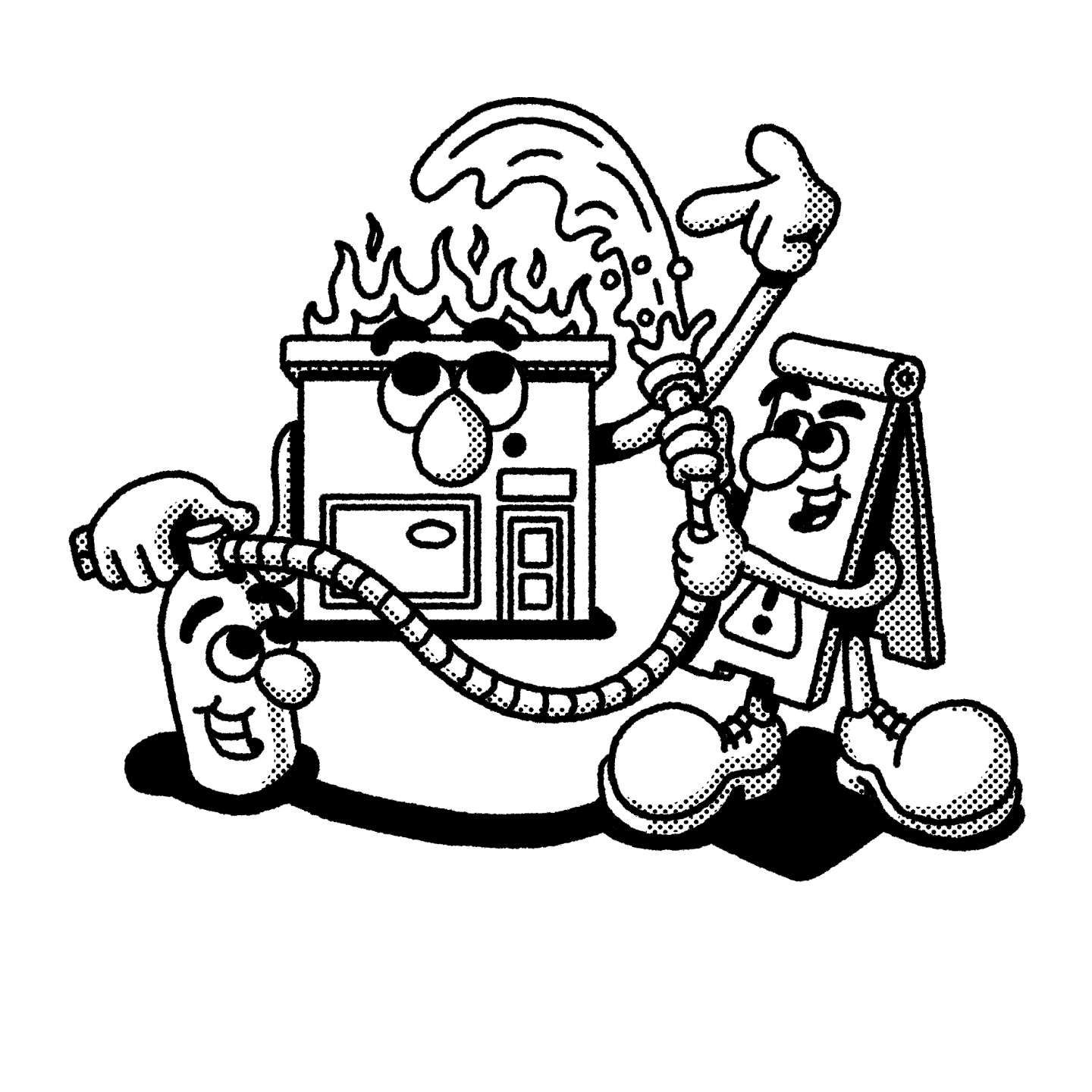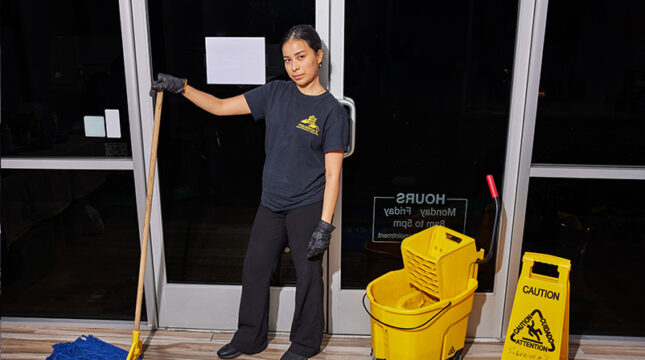Being a freelancer comes with plenty of freedom and flexibility, but it also comes with many risks.
While the demand for skilled freelancing is rising, freelancers need business insurance to protect themselves if something goes wrong.
As a freelancer, there’s often no division between you and your business (unless you create an LLC). Your business assets, but also your personal assets, could be at risk in the event of a lawsuit.
Freelance business insurance can protect you if you make a mistake that affects your clients’ bottom line or if you are held responsible for causing an injury or property damage.
Do I need business insurance as a freelancer?
If you’re a freelancer, you’re in good company.
Freelancers make up 36% of the workforce in the United States, according to a recent Upwork report. But you might wonder if you need freelance business insurance.
Business insurance can protect you financially in several situations and provide peace of mind — for you and your clients.
For example, suppose there’s a miscommunication over project deliverables. It delays the project, and the setback costs your client money in lost profit. While it might be an honest mistake, the client could sue you for negligence.
Without the right coverage, you could be forced to pay entirely out of pocket for legal fees and damages if you are ruled at fault. Freelancer business insurance help can protect against this scenario and others.













